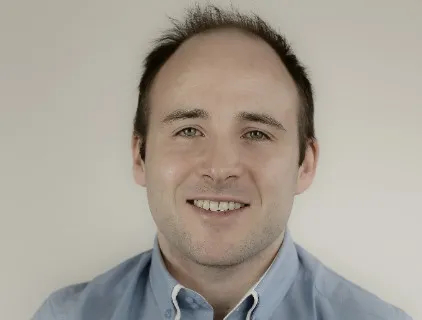Ireland is committed to achieving net-zero carbon emissions by 2050. Green hydrogen and biomethane are key to this transition, but both face challenges in production, storage, and use. The (opens in a new window)FeNiX Project, funded under the SEAI National Energy RD&D Programme 2024, explores innovative biological routes to convert hydrogen and carbon dioxide into biomethane, a renewable gas fully compatible with Ireland’s existing gas grid. By addressing current bottlenecks in gas transfer and microbial efficiency, FeNiX aims to deliver a more efficient and sustainable pathway for renewable energy storage.
Ireland’s Climate Action Plan 2023 sets ambitious targets:
- 2 GW of green hydrogen,
- 5.7 TWh of biomethane capacity, by 2030.
Hydrogen can store surplus renewable electricity, but it is difficult to handle and use directly. Biomethane, on the other hand, is fully compatible with the natural gas grid. By combining the two, the hydrogen-to-biomethane process offers a promising solution for renewable energy storage and integration.
However, the process is still in its infancy. Current systems face two main bottlenecks:
- Low hydrogen gas transfer efficiency into liquid media.
- Low microbial bioconversion efficiency.
FeNiX tackles these barriers by:
- Engineering iron (Fe) and nickel (Ni) cofactors to improve microbial activity.
- Testing advanced gas transfer methods such as slug flow, static mixers, and membranes.
- Developing mechanistic models to optimise design and scale-up.
The project's outcomes will contribute directly to Ireland's renewable energy strategy and support the integration of hydrogen and biomethane in the national energy system.
RESEARCH OBJECTIVES
FeNiX will advance the hydrogen-to-biomethane process through seven core objectives:
- Cofactor Engineering – Quantify how Fe and Ni supplementation affects methane production.
- Nanoparticle Cofactors – Test different nanoparticle sizes and shapes for efficient uptake.
- Surface Delivery Platforms – Develop engineered supports for microbial biofilm growth and nutrient delivery.
- Gas Transfer Innovation – Optimise hydrogen transfer using slug flow, static mixers, and membranes.
- Long-Term Bioreactor Trials – Test engineered cofactors and new gas delivery methods in continuous operation.
- Process Modelling – Build and validate a mechanistic model of biomethanation for process intensification.
- Techno-Economic Feasibility – Assess the scalability, costs, and benefits in the Irish energy context.
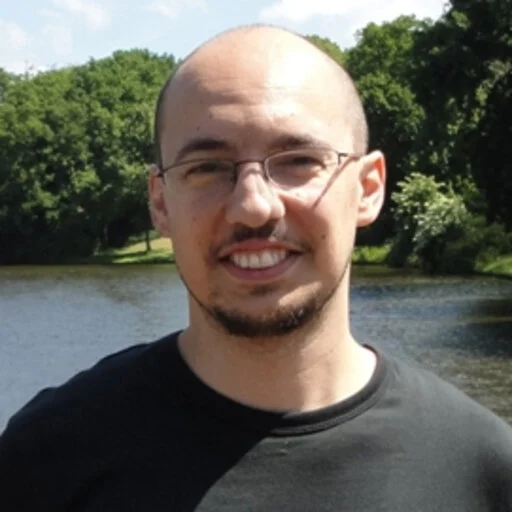
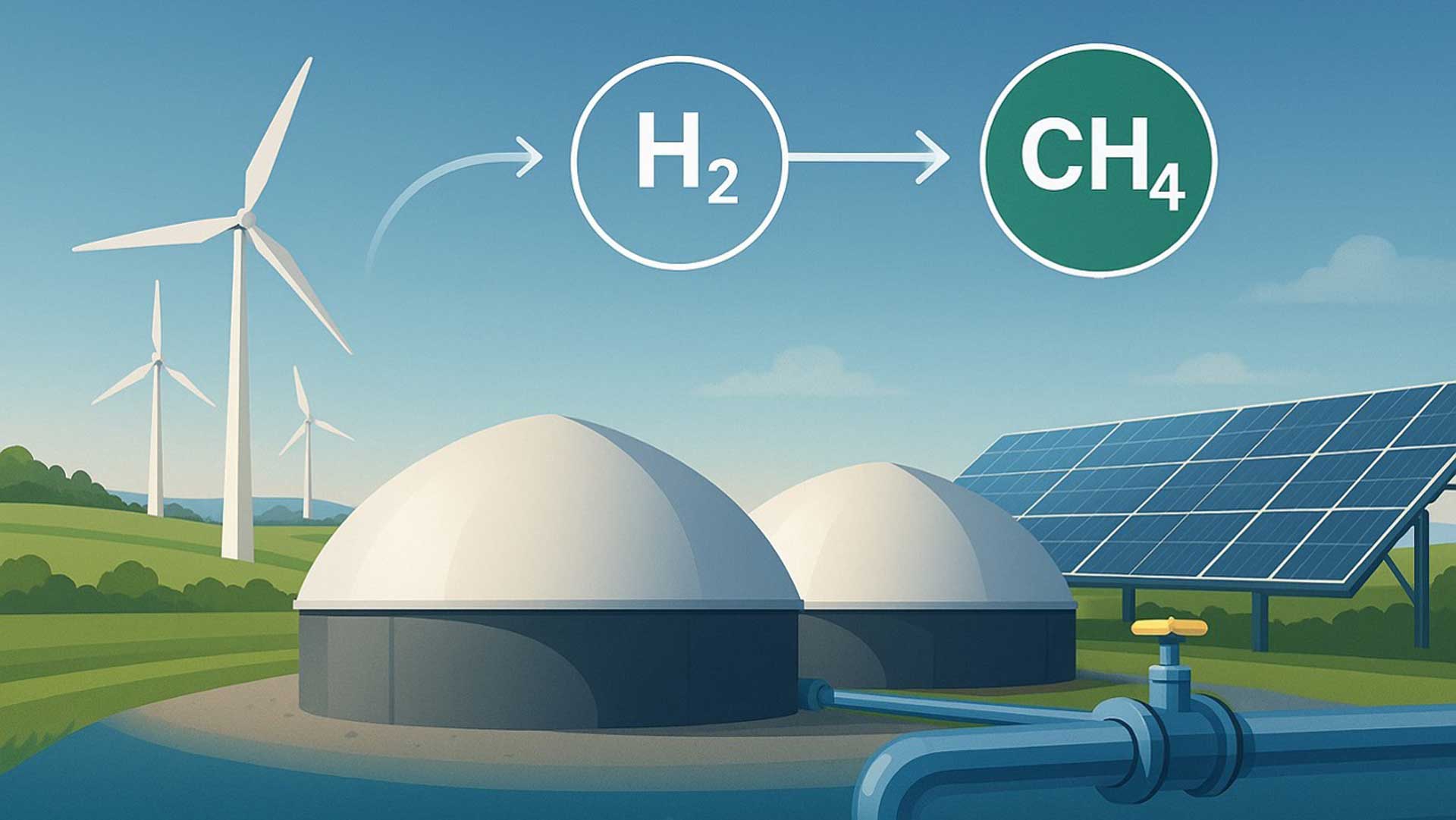



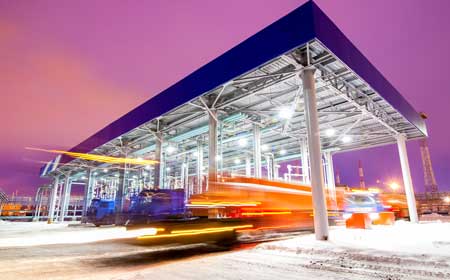
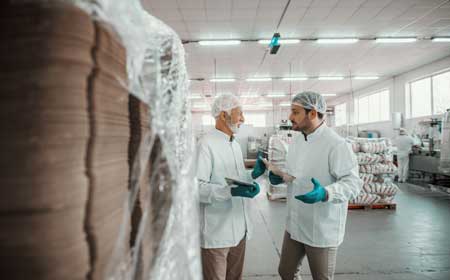
.jpg)



